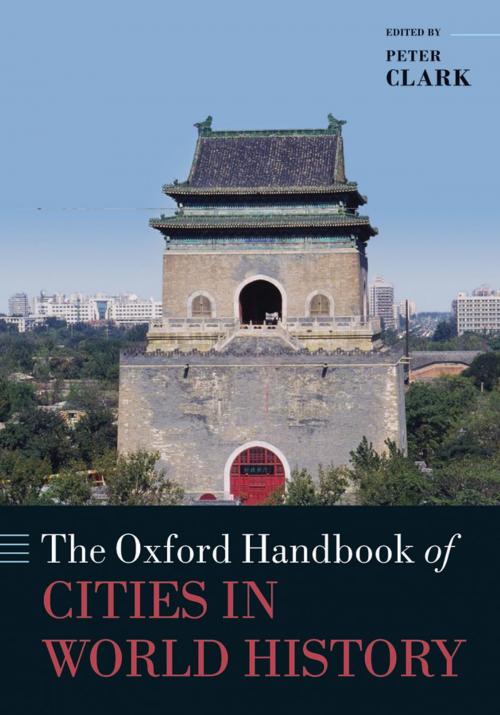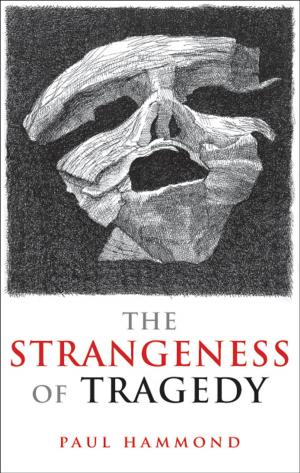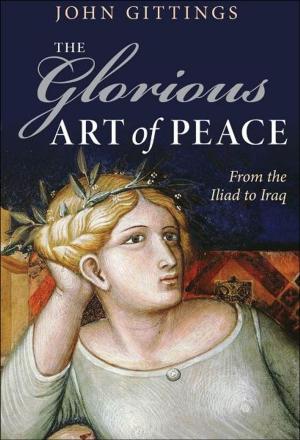The Oxford Handbook of Cities in World History
Nonfiction, History, World History, Business & Finance| Author: | ISBN: | 9780191637704 | |
| Publisher: | OUP Oxford | Publication: | February 14, 2013 |
| Imprint: | OUP Oxford | Language: | English |
| Author: | |
| ISBN: | 9780191637704 |
| Publisher: | OUP Oxford |
| Publication: | February 14, 2013 |
| Imprint: | OUP Oxford |
| Language: | English |
In 2008 for the first time the majority of the planet's inhabitants lived in cities and towns. Becoming globally urban has been one of mankind's greatest collective achievements over time, and raises many questions. How did global city systems evolve and interact in the past? How have historic urban patterns impacted on those of the contemporary world? And what were the key drivers in the roller-coaster of urban change over the millennia - market forces such as trade and industry, rulers and governments, competition and collaboration between cities, or the urban environment and demographic forces? This pioneering comparative work by leading scholars drawn from a range of disciplines offers the first detailed comparative study of urban development from ancient times to the present day. The Oxford Handbook of Cities in World History explores not only the main trends in the growth of cities and towns across the world - in Asia and the Middle East, Europe, Africa, and the Americas - and the different types of cities from great metropolitan centres to suburbs, colonial cities, and market towns, but also many of the essential themes in the making and remaking of the urban world: the role of power, economic development, migration, social inequality, environmental challenge and the urban response, religion and representation, cinema, and urban creativity. Split into three parts covering Ancient cities, the medieval and early-modern period, and the modern and contemporary era, it begins with an introduction by the editor identifying the importance and challenges of research on cities in world history, as well as the crucial outlines of urban development since the earliest cities in ancient Mesopotamia to the present.
In 2008 for the first time the majority of the planet's inhabitants lived in cities and towns. Becoming globally urban has been one of mankind's greatest collective achievements over time, and raises many questions. How did global city systems evolve and interact in the past? How have historic urban patterns impacted on those of the contemporary world? And what were the key drivers in the roller-coaster of urban change over the millennia - market forces such as trade and industry, rulers and governments, competition and collaboration between cities, or the urban environment and demographic forces? This pioneering comparative work by leading scholars drawn from a range of disciplines offers the first detailed comparative study of urban development from ancient times to the present day. The Oxford Handbook of Cities in World History explores not only the main trends in the growth of cities and towns across the world - in Asia and the Middle East, Europe, Africa, and the Americas - and the different types of cities from great metropolitan centres to suburbs, colonial cities, and market towns, but also many of the essential themes in the making and remaking of the urban world: the role of power, economic development, migration, social inequality, environmental challenge and the urban response, religion and representation, cinema, and urban creativity. Split into three parts covering Ancient cities, the medieval and early-modern period, and the modern and contemporary era, it begins with an introduction by the editor identifying the importance and challenges of research on cities in world history, as well as the crucial outlines of urban development since the earliest cities in ancient Mesopotamia to the present.















